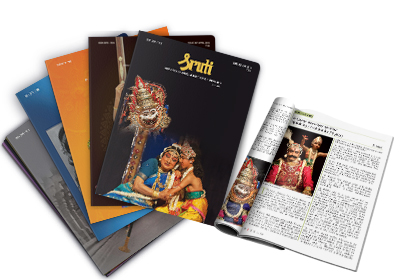
Asad Ali Khan
Asad Ali Khan was one of the foremost exponents of the rudraveena in Hindustani classical music. Not only was he one of the few active musicians playing the rudraveena but also one of the last masters of the Khandar school, one of the four schools of the dhrupad style.
A twelfth generation exponent of the Jaipur beenkar gharana, Asad Khan was born in Alwar, Rajasthan in 1937. His great grandfather Rajab Ali Khan was the foremost court musician in the royal court of Jaipur. Grandfather Musharraf Khan who performed in London way back in 1886, was Alwar’s court musician.
Asad Khan’s father Sadiq Ali Khan moved to the princely court of Rampur in Uttar Pradesh where for the next fifteen years, he taught his son music, practising the rudraveena for fourteen hours a day! With such musical surroundings, Asad Khan became an accomplished performer of the Jaipur beenkar gharana, adding the dhrupad style of singing to his repertoire. He could also play the sitar.
Khan performed regularly on All India Radio, participating in sangeet sammelans and was a professor of music at Delhi University, teaching the sitar. His overseas concerts on the rudraveena were very keenly attended and he travelled widely in Afghanistan, Australia, Italy, Netherlands, New Zealand, the US, UK, and Europe.
After his retirement from teaching and All India Radio, Asad Khan continued to train students privately. Among them were many foreigners who came flocking to him He lamented the fact that Indians were not so keen and willing. He believed that the rudraveena a divine instrument created by Lord Siva, had remained unchanged for millennia, and in spite of its very exacting technique he championed the cause of this ancient art form.
His performances were notable for purity of style, virtuosity and the profoundly contemplative moods that he evoked. Numerous awards like the Sangeet Shiromani, the Tiruna Dhrupad award, Sahitya Kala Parishad award, Tansen award, and ITC Sangeet Research Academy award came his way. He received the Sangeet Natak Akademi award in 1977 and the Padma Bhushan in 2008.
Till his death in 2011, Ustad Asad Khan tirelessly worked to promote Indian classical music among young Indians. His nephew Zaqu Haider is carrying forward this precious and timeless art form to future generations.


